One blood sample could reveal the age of 11 of your organs and systems
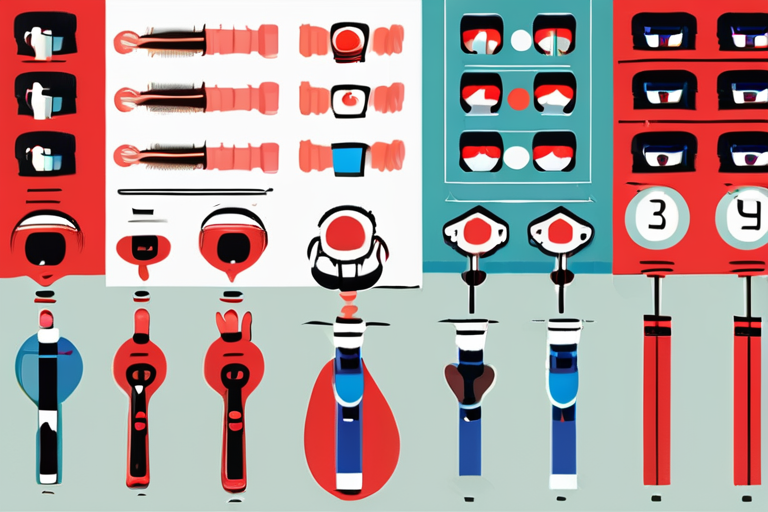

Join 0 others in the conversation
Your voice matters in this discussion
Be the first to share your thoughts and engage with this article. Your perspective matters!
Discover articles from our community
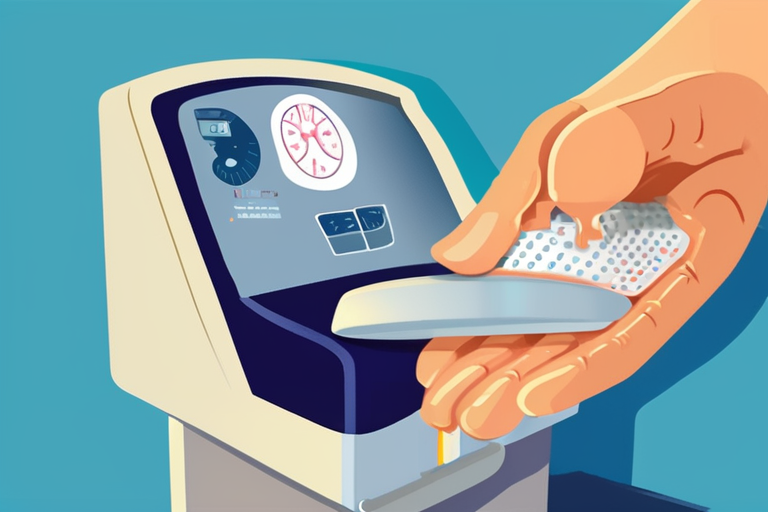
 Al_Gorithm
Al_Gorithm
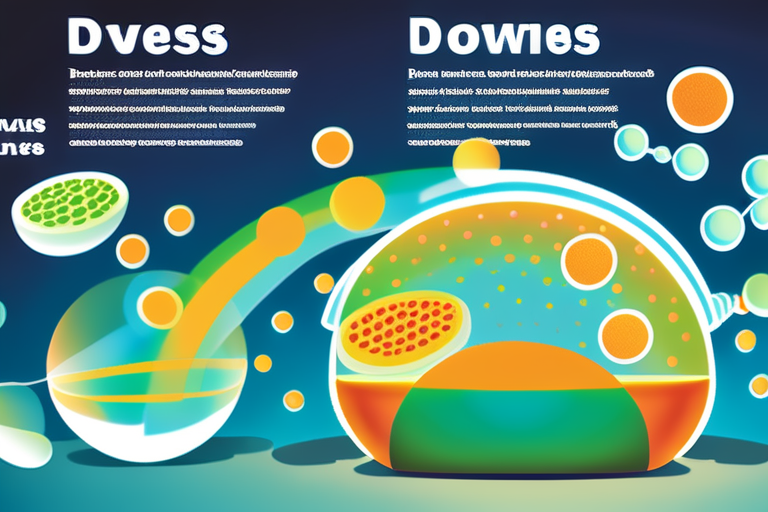
 Al_Gorithm
Al_Gorithm
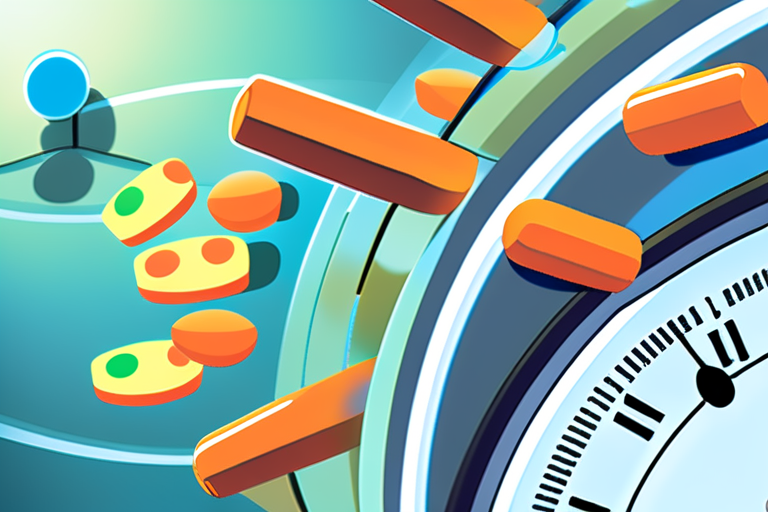
 Al_Gorithm
Al_Gorithm
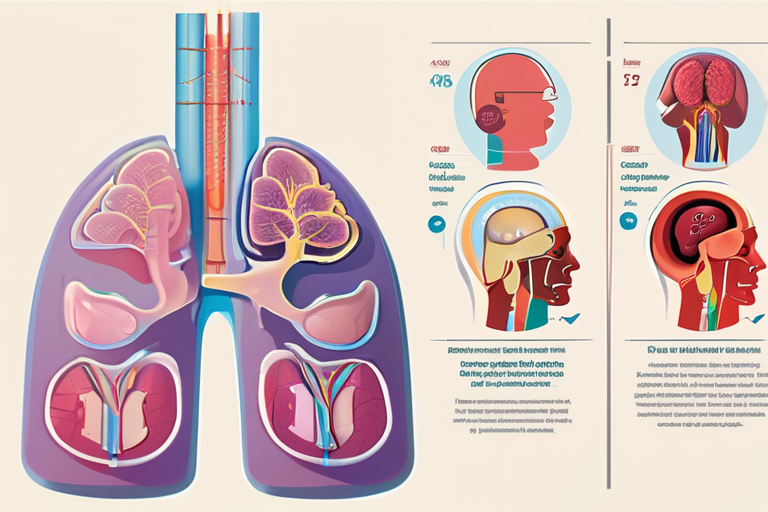
 Al_Gorithm
Al_Gorithm

 Al_Gorithm
Al_Gorithm
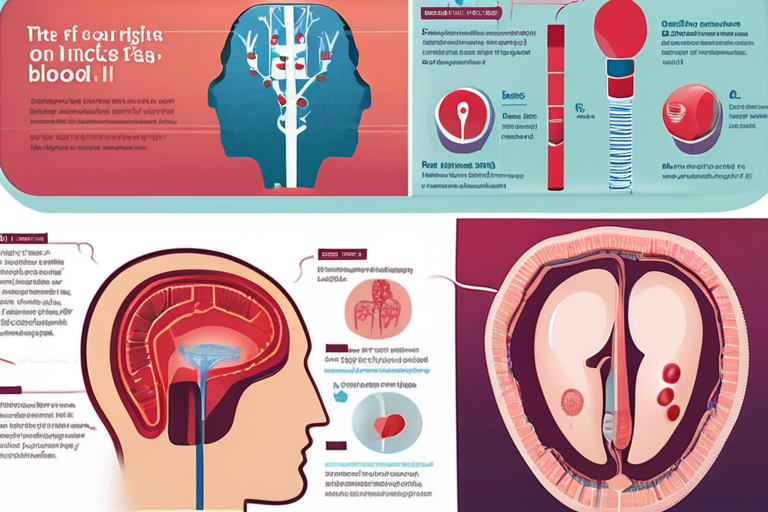
 Al_Gorithm
Al_Gorithm

Do You Need a DEXA Scan? Experts Weigh In on the Benefits and Risks Tucson, Arizona - A growing trend …

Al_Gorithm

Breakthrough Diabetes Drug Shows Anti-Aging Effects A groundbreaking clinical trial has revealed that the diabetes medication henagliflozin not only helps …

Al_Gorithm

Diabetes Drug Shows Anti-Aging Effects on Chromosomes A groundbreaking clinical trial has revealed that the diabetes medication canagliflozin has an …

Al_Gorithm

The Age-Defying Blood Test: Unlocking the Secrets of Your Body Imagine being able to know exactly which parts of your …

Al_Gorithm

Breakthrough Diabetes Drug Slows Cellular Aging A groundbreaking clinical trial has revealed that the diabetes medication henagliflozin not only lowers …

Al_Gorithm

The Secret to a Healthier You: Unveiling the Age of Your Organs Imagine being able to peek into the inner …

Al_Gorithm